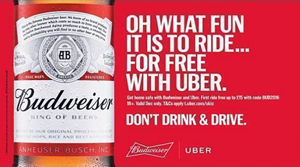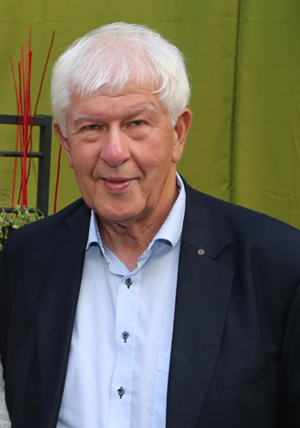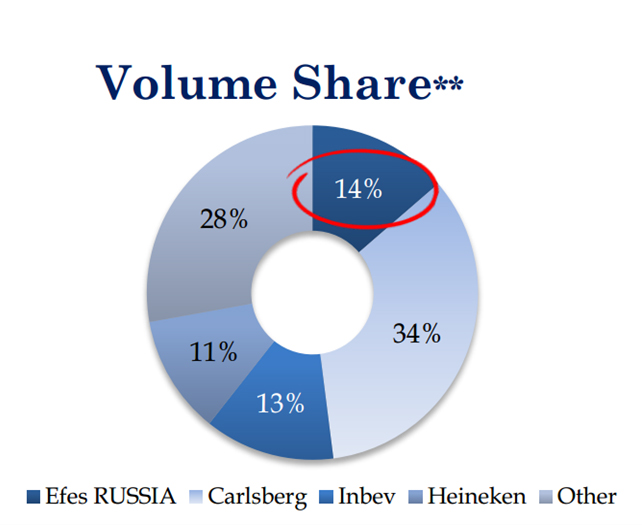Christmas office parties in the UK are said to be raucous affairs, involving snogging behind the filing cabinets and heavy boozing. To get people home safely afterwards, Budweiser and the ride-hailing app are offering free rides to new users throughout December. Sadly, the offer is limited to the UK.
At long last. After discussions had dragged on for months, Asahi managed to beat its private equity competitors in a final auction round on 12 December 2016 to buy former SABMiller’s brewing assets in five central European countries from AB-InBev for EUR 7.3 billion (USD 7.8 billion).
Meeting Mr Hansmaennel in his hometown of Strasbourg was always a delight. He was a keen listener, a well of knowledge and a man of strong opinions. After hours of heated and passionate discussions he would generously invite us to dinner at his son’s restaurant and offer a very special wine from his own cellar, previously set up by his grandfather and expanded by his father.
Those who thought that AB-InBev will have no truck with the pubs that came with their US craft beer acquisitions will need to think again. The maker of Budweiser will move into the UK’s pub-restaurant sector with a Goose Island site to open in London before year end, media reported.
Best value for whom? In an interesting piece of gushing adulation, SABMiller’s last CEO Alan Clark, 57, was lauded as the best-value-for-money boss on the FTSE 100, meaning he had made shareholders very rich by selling the brewer to AB-InBev for GBP 80 billion (USD 102 billion) in September. The sale of SABMiller was the biggest ever takeover of a British-listed company.
Cheers to Belgium: the United Nation’s cultural arm, UNESCO, in November 2016 added Belgian beer to its list of Intangible Cultural Heritage of Humanity. This accolade is more symbolic than pecuniary.
From September 18th - 20th, approximately 120 attendees met in Wroclaw, Poland – known as the city of a hundred bridges and one of two cities named as a European Capital of Culture in 2016 – for the EBC Symposium “Modern Brewhouse Technologies and Wort Production”. There, they had the opportunity to examine the latest findings, research and trends from the “hot side” of the brewing process as well as to exchange information and experience with other attendees.
It’s a rumour still but it would make perfect sense. Russian media reported on 16 November 2016 that Turkey’s Anadolu Efes and AB-InBev, currently ranked second and third brewer in Russia respectively, “can join their efforts”.
Some relief. Heineken will face no sanctions after some of its products were mislabelled and sold as craft beer in a small number of pubs around Ireland, according to the Food Safety Authority of Ireland, which released its finding on 21 November 2016.
Benefitting from a slight slump in AB-InBev’s share price, one of the Belgian shareholders in the brewer, Alexandre Van Damme, has bought one million shares for a total value of EUR 104.78 million (EUR 116 million), Belgian media say.





